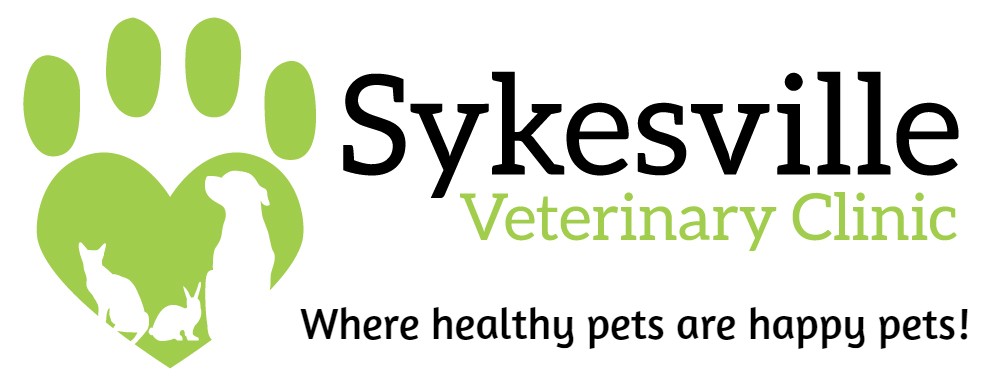Whether your cat spends all his time indoors chasing birds only in their imagination, or if he or she ventures out to explore from time to time, your kitty still needs clean, sharp and healthy teeth and gums. In fact, your cat’s overall health depends on their teeth.
Since your feline companion is not able to care for their teeth and gums on their own, the task is left up to you. There are several common cat dental problems that you should be aware of as a cat owner, as well as what signs and symptoms of cat dental disease you should be on the lookout for.
Unfortunately, damage to the tongue, teeth, palate and gums can lead to many serious health risks and problems for cats. However, by performing regular home check-ups and bringing your cat into see your local vet for annual exams, you will be doing your part in keeping your beloved feline’s teeth and gums in tip-top shape.
Signs of Cat Dental Problems
While it’s true your cat won’t be able to tell you if he or she has a toothache or swollen gums, there are several signs that will clue you into the fact that their mouth may be bothering them. If you notice any of the following signs, please contact your vet as soon as possible.
- Bad breath. While your cat’s breath won’t necessarily smell like roses, it is abnormal for their breath to smell fishy or rotten. If you cringe and plug your nose whenever your cat breathes on you, it’s a sign your cat is having dental problems.
- Strange eating habits. If your cat appears to be chewing on the side of his mouth or dropping his food when eating, that is a good indicator that he is experiencing some level of oral pain.
- Loss of appetite. If your cat normally has a healthy appetite but suddenly seems disinterested in his food, it may mean that his mouth is bothering him.
- Reluctance to be touched around the mouth. As many cat owners can attest to, the areas around the mouth are a favorite to be petted. If your cat used to love this simple act of affection, but no longer does, he may be in oral pain.
- Excessive drooling. If your cat is salivating more than usual – and if the saliva contains blood – that is a huge sign of dental disease.
If your cat is experiencing any of these symptoms, and if you notice tartar buildup on the teeth combined with red, swollen gums, please contact a vet immediately. The sooner they can treat the problems, the better!
Most Common Feline Mouth Disorders
Here is a quick look at the most common cat dental diseases:
- Gingivitis – Most commonly seen in older cats and may start as a dark red line bordering on the teeth.
- Periodontitis – This occurs when the gingivitis invades the tooth socket, causing the tooth to become loose and an abscess to form.
- Stomatitis – This is an inflammation of the mouth lining that is oftentimes caused from a foreign body in the mouth, a viral disease, or other dental problems.
- Rodent Ulcer – A slowly enlarging sore or swelling on the upper lip.
- Mouth Ulcers – Ulcers on the tongue or gums; sometimes these are a sign of feline respiratory or kidney disease.
Tooth Decay in Cats
Finally, being aware of the dangers of tooth decay are an integral part of your cat’s overall oral health. Poor nutrition and lack of proper oral health care may result in decayed teeth, gum disease or even more serious ailments.
Tooth decay can take affect a cat of any age, unfortunately. While there is no one single cause of tooth decay in cats, certain factors like mineral imbalances and plaque are known contributors. Here is a look at the most common signs of tooth decay in cats:
- Drooling
- Difficulty chewing
- Bleeding from the mouth
- Aggressive behavior
- Anti-social behavior
Cats most commonly experience tooth decay in the back teeth, which is why it is important to contact your vet if you notice any of the above symptoms.
In order to keep your cat healthy and happy for many years to come, it is important to be aware of the various dental problems that may affect them, as well as what signs to be on the lookout for.
Creative Commons Attribution: Permission is granted to repost this article in its entirety with credit to Sykesville Veterinary Clinic and a clickable link back to this page.
